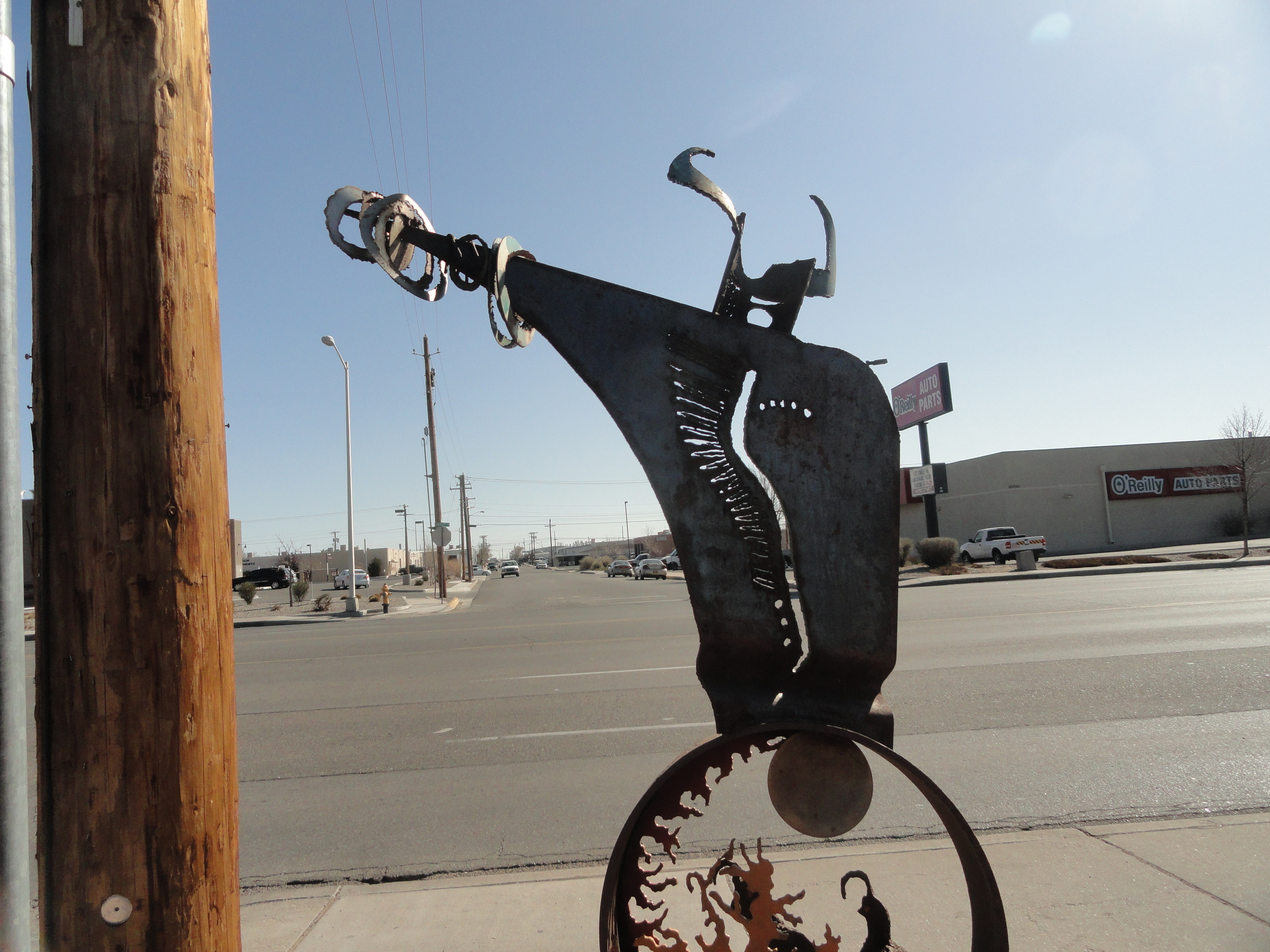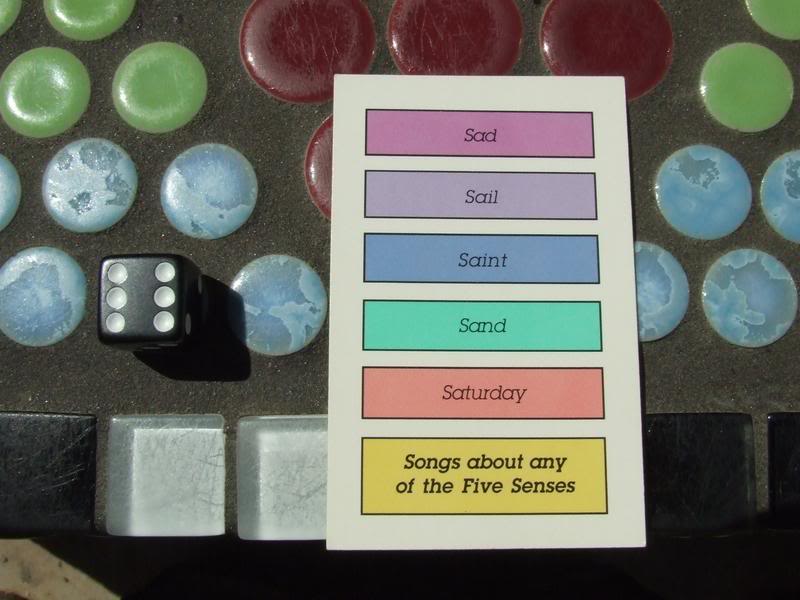The idea of living by principles has come up before and will come up again. When I first started playing with the idea, in preparation for a conference presentation, I was having a hard time getting even my husband and best friends to understand it. Really bright people local to me, parents, looked at me blankly and said "principles are just another word for rules."
I was determined to figure out how to explain it, but it's still not simple to describe or to accept, and I think it's because our culture is filled with rules, and has little respect for the idea of "principles." It seems moralistic or spiritual to talk about a person's principles, or sometimes people who don't see it that way will still fear it's about to get philosophical and beyond their interest or ability.
Rules are things like "Never hit the dog," and "Don't talk to strangers."
Principles are more like "Being gentle to the dog is good for the dog and good for you too," or "People you don't know could be dangerous." They are not "what to do." They are "how do you decide?" and "why?" in the realm of thought and decision making.
The answer to most questions is "it depends."
What it depends on often has to do with principles.
from page 42 (or 46) of The Big Book of Unschooling
photo by Sandra Dodd








